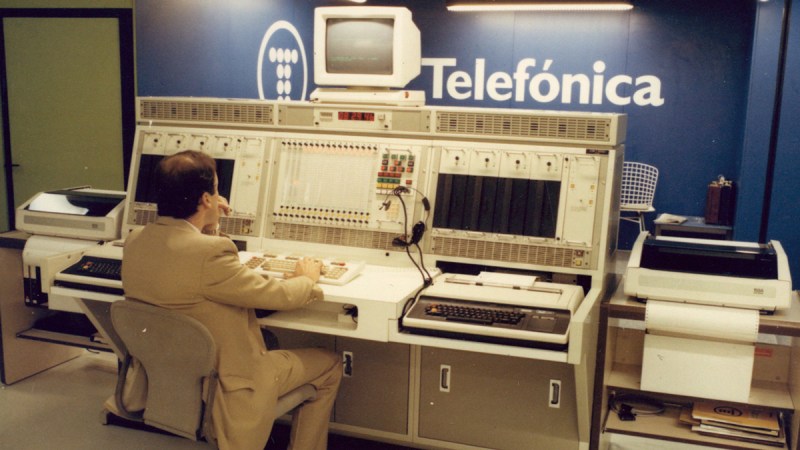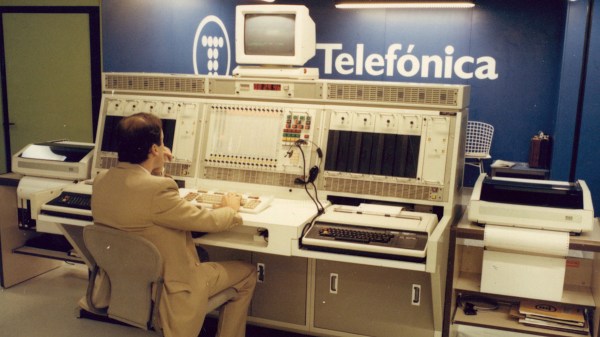Data Networks

Nowadays all telecommunications networks are data-based: any information of any kind (text, code, audio, video…) is converted into a set of bits to be stored and transmitted by networks that use efficient technologies to transport these “packets” of bits. But it wasn’t always this way.
From the invention of the telephone until the 1970s, all networks were analogue and served only to carry voice. It was not until the 1970s that “Special Networks” (as they were called) began to appear, gradually supplanting and absorbing the traditional ones, both in transport and access.
This notebook describes the evolution of Telefónica’s data networks, which were, once again, pioneers worldwide due to the specific needs of the Spanish banking sector and Telefónica’s firm commitment to new technologies.
Since those first networks, Telefónica has always remained at the forefront of data networks with all the technological developments that have been coming: from the emergence of the Internet to the latest trends of including cybersecurity and 5G in networks, including ADSL, fibre optics and MPLS networks.
COMPLETE INFORMATION
Related Content
Communication
Contact our communication department or requests additional material.
